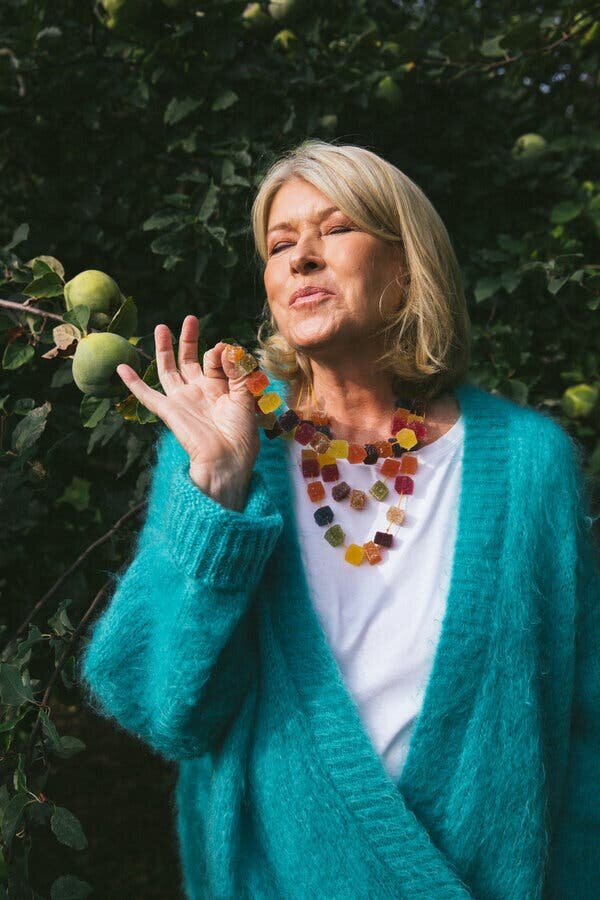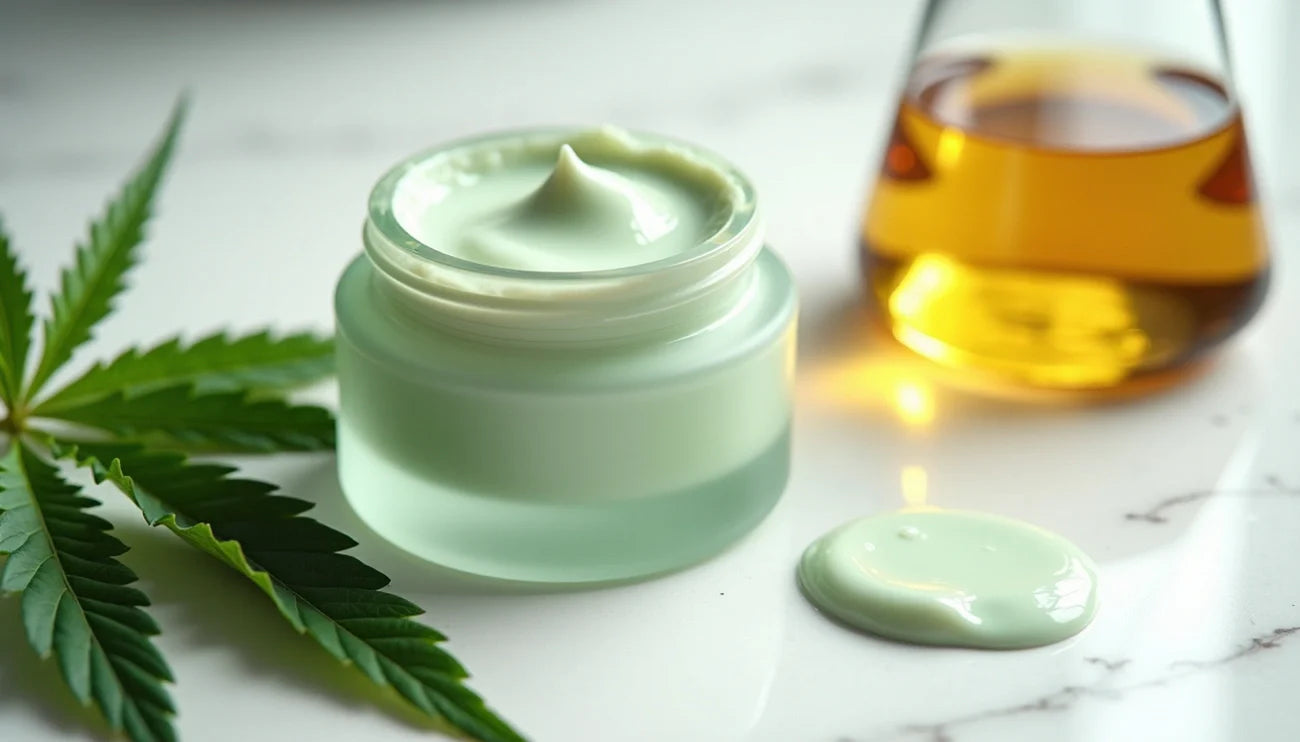Let’s get one thing straight right away: Delta 8 probably won’t make you turn into a zombie or eat someone’s face off likeRudy Eugene did, the infamous Miami man who was apparently high on bath salts. (By the way, we’re not talking about the usual type of bath salts for soaking in the tub, ok). But did we get your attention yet? Good.

By now, you may have heard about Delta 8. Practically everyone on social media is talking about it. It’s the biggest thing since sliced bread. CBD is old news. Well, actually not really, the CBD market is just extremely flooded with all sorts of junk. Martha Stewart, Travis Barker, Kristin Bell, and all the other celebrities looking to take advantage of star-struck consumers are the latest to jump in the CBD game. It’s just so hot. Anyways, back to the topic: Delta 8 or Δ8. Unless you’ve been living under a rock your whole life, you’ve definitely heard of THC. THC, otherwise known as delta 9-Tetrahydrocannabinol, is the main psychoactive ingredient in cannabis. It’s what gives you that nice buzz – the “high.” So what the heck is Delta 8? Delta 8 is known as an isomer of Delta 9 THC. An isomer is a term in chemistry for the same molecule comprised of a different arrangement of atoms. So, in layman’s terms, Delta 8 is just another version of THC. While it’s true that Delta 8 provides a more nuanced, mellow buzz than Delta 9, it’s still moderately intoxicating and is definitely still THC. So if Delta 8 is still THC, why are you able to purchase it at the local grocery store, gas station, truck stop,
or CBD store? Doesn’t hemp have to contain less than 0.3% THC? The answer to these questions is: a myopic legal loophole. Since Delta 8 is not explicitly mentioned or forbidden in the farm bill, and since it is technically derived from industrial hemp, it falls into this legal grey area. Legal grey areas might be deemed good by some, especially those looking to make a buck, but for many others––especially many in the industry who have fought long and hard to sell CBD legally, and particularly law enforcement–– it’s a bit concerning. But wait a minute, if Delta 8 is naturally occurring in hemp, it should be legal, right? Well, here’s the catch. Delta 8 occurs in such minute concentrations in the plant that it’s been nearly impossible to create lots of it, or really extract it in any significant concentration. Nearly all Delta 8 on the market is synthetic, meaning it’s created in a lab.
Here’s how it’s made:
You’re taking one cannabinoid like CBD or THC naturally found in hemp and putting them under a series of chemical reactions, otherwise known as an isomerization process. An isomer, to refresh your memory, is the same molecule with a different order of atoms. Essentially you’re dissolving natural, hemp derived cannabinoids like Delta 9 THC or CBD in a solvent and then cooking them in a strong acid to form different isomers, such as delta 8 or even delta 10. Many extractors and suppliers are calling Delta 8 a distillate or extract, but it’s not, in reality, a true product of distillation, where compounds are actually fractionated and separated from the original whole plant extract. For example, a true CBD distillate begins with 2-5% THC (a true full spectrum extract) and ends up with less than 0.3%, so it is farm bill / federally complaint.
Although Delta 8 is not necessarily dangerous or even remotely close to being bath salts, as the title of this blog suggests, the concept of Delta 8 is, in many ways, equivalent to the designer drug industry. For example, a chemist creates an isomer of some common street drug like Ecstasy or DMT in a clandestine lab. But this substance is not technicallyillegal yet because it’s a slightly tweaked molecular formula. And then this slightly altered drug concoction is legally sold as “bath salts” in some vape shop or gas station, until it’s deemed illegal by the DEA and other law enforcement agencies, or until someone eats another person’s face off...
Sensational title aside, Delta 8 is molecularly-tweaked Delta 9 THC. So in this regard, it’s the “bath salts of the hemp industry.”

Delta 8 Marketing: Sky High
Delta 8 is unequivocally being marketed as diet weed and as an intoxicant. For example, Luna CBD out of Georgia USA has a 1500 mg delta 8 tincture called “Sky High.” What message is their marketing sending to end consumers? Delta 8 is indeed intoxicating, albeit with less paranoia inducing qualities than Delta 9 THC. Yet products like Luna CBD’s “sky high” tincture are asking for trouble from law enforcement. Let’s not forget that anything hemp-derived is supposed to contain less than 0.3% delta 9 THC, or all THC for the matter, regardless of it being an isomer like Delta 8 or Delta 10 THC. It’s still THC.
The hemp industry as it is is already under a large amount of scrutiny. The DEA has recently come out with a recent report that high THC cannabis is being moved across state lines under the guise of “legal hemp.” We see Delta 8 as detrimental to a burgeoning CBD industry already in the cross hairs of law enforcement agencies. Just because there is a foreseeable loophole in the law doesn’t mean it’s right or ethical. The big rush for delta 8, in my opinion, is really being driven by greed and the extreme over-saturation of the CBD market. Many industry players who have taken a huge hit due to COVID-19 and a massive drop in CBD/hemp raw material prices have shifted their focus to producing delta 8. It’s in major demand.
In the end, we absolutely support the therapeutic nature and medical efficacy of cannabinoids, including Delta 8 and Delta 9 THC, but we must come out against the side by side sale of Delta 8 THC and hemp derived CBD. The sale of delta 8 doesn’t make great sense outside of the regulated cannabis market sector. Delta 8 belongs on a dispensary shelf, not next to your hemp-derived broad spectrum CBD oil.




